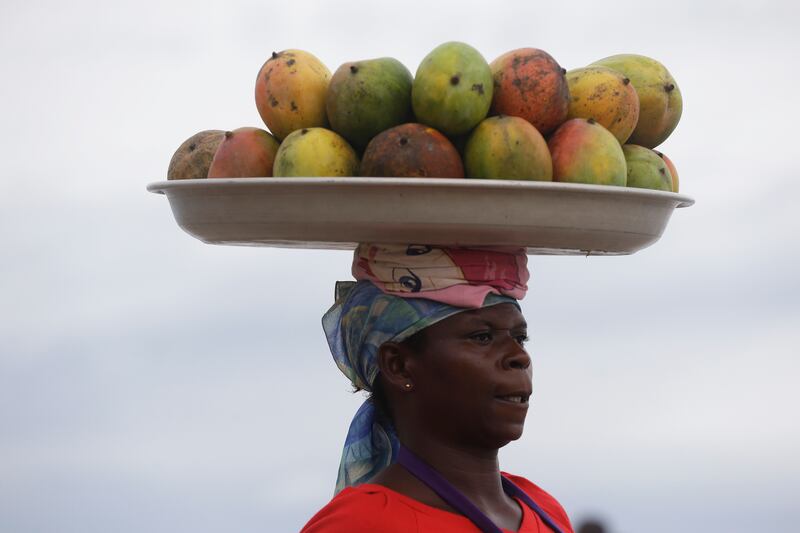The World Health Organization has declared an outbreak of the Marburg virus, after Ghana’s Ministry of Health confirmed two cases of the disease on Sunday. Both organizations are supporting a joint national investigative team to educate at-risk communities, study the Marburg virus and prevent it from spreading further through the country.
Two infected patients were admitted to the same hospital within two days of one another, June 26 and June 28, in the southern Ashanti region of Ghana. Though unrelated (a 26-year-old male and a 51-year-old male), both patients exhibited the same symptoms of diarrhea, fever, nausea and vomiting before succumbing to the disease.
The Institut Pasteur in Dakar, Senegal, received blood test samples that had been gathered by the hospital, and later confirmed the presence of Marburg in both cases. This corroborated findings from the Noguchi Memorial Institute for Medical Research in Accra, Ghana, the WHO reports.
Ninety-eight contacts have been identified as at-risk individuals, and have been monitored for symptoms by the Ghana Health Service These include relatives, medical personnel and mortuary staff that may have come in contact with the two patients.
The Ghana Health Service said in a press release that after following up with those contacts for nearly the entirety of the 21-day possible incubation period, none exhibited symptoms of the Marburg virus. Additionally, 13 of the contacts were tested at the Noguchi Memorial Institute for Medical Research, all testing negative for the virus.
“Health authorities have responded swiftly, getting a head start preparing for a possible outbreak,” said Dr. Matshidiso Moeti, WHO regional director for Africa, in an official statement. “WHO is on the ground supporting health authorities and now that the outbreak is declared, we are marshaling more resources for the response.”
Marburg itself is a highly infectious, viral, hemorrhagic fever — a zoonotic disease that shares many similarities to the Ebola virus. The virus originated in fruit bats, can infect primates and spreads between humans through direct contact to bodily fluids, surfaces and materials that carry the virus.
Fatality rates from this disease range from 24% to 88% in past outbreaks, depending on the strain of the virus and the quality of case management, according to the World Health Organization. There are currently no vaccines or antiviral treatments developed for Marburg, and medical care consists of treating specific symptoms that arise and rehydrating the body with oral or intravenous fluids.
In a press release from the Ghana Health Service, the public was urged to prevent bat-to-human transmissions by avoiding contact with the animals, caves that are home to fruit bat colonies and individuals who are exhibiting symptoms of the disease.
While a first for the country of Ghana, this is not the first time a Marburg virus outbreak occurred on the African continent. That happened last August in Guinea, but with only one confirmed case recorded, the outbreak was declared over by Sept. 16, 2021. Other cases of Marburg have been confirmed in Angola, the Democratic Republic of the Congo, Kenya, South Africa and Uganda, according to the World Health Organization.

